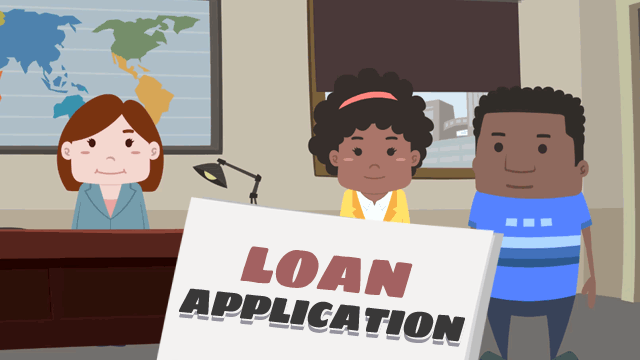Buying a Farm Residence With An FHA Residential Real Estate Mortgage
December 4, 2024
Borrowers who want to buy a farm residence are in luck with the FHA loan program, which includes options to purchase farm residences.
Those purchases must be made under specific conditions when the primary focus is on the residence itself. This distinction is crucial: the FHA loan program is intended to support homeownership, not business ventures.
Getting an FHA Farm Residence Loan
A successful FHA farm loan is one in which the buyer wants a home that happens to be situated on a rural property rather than trying to pay for the purchase of a working farm. For farm residence loans, the appraisal process is crucial.
While the FHA appraiser will consider the land surrounding the home, the emphasis is on its value as a residence, as mentioned above. The appraisal amount will not include its business or agricultural potential.
Things To Know
- A reasonable amount of acreage typical for a homeowner in the area will be included in the appraisal. Don’t expect more consideration than for a typical front and back yard.
- Excess farmland, barns, silos, outbuildings used for commercial farming operations, and specialized equipment are considered commercial assets and do not contribute to the appraised value for FHA loan purposes.
- Outbuildings or land areas that are intended for personal use may require you to provide documentation to support this claim.
- Beyond the appraisal, several other FHA requirements must be met. The borrower must intend to occupy the farmhouse as their primary residence. The property must also meet FHA's minimum standards for health, safety, and structural integrity requirements.
- Finally, borrowers must meet FHA's debt-to-income ratio requirements and have a credit score that meets the lender's standards.
Despite these requirements, FHA loans often have more relaxed eligibility criteria, making them accessible to a wider range of borrowers. They typically offer competitive interest rates, which can translate to significant savings over the life of the loan.
However, potential challenges and considerations should be acknowledged. FHA loans have maximum loan limits that vary by county, and these limits may be lower in rural areas, potentially impacting purchasing power.
FHA loans also require both upfront and annual mortgage insurance premiums (MIP), which increase the overall cost of the loan. Discuss your needs with a lender before committing to a farm residence loan to better know your options and obligations.

FHA Loan Articles
April 11, 2021With the trend of falling interest rates since 2019, the number of mortgage refinances around the country has spiked and continues to rise. Borrowers with FHA loans can also capitalize on the low rates, but it may be possible to simplify the process with the FHA Streamline Refinance.
April 3, 2021Borrowers can choose to refinance for several reasons, but it comes down to prioritizing different benefits. One homeowner may want the lowest possible monthly payment, while another might want the shortest possible term for their loan.
March 29, 2021The FHA helps first-time and low-income homebuyers by having lower down payment requirements for its borrowers. Despite this lower credit eligibility criteria set by FHA, it is important to remember that FHA-approved lenders can set their own requirements
March 24, 2021One of the major arguments people have for renting instead of buying is the large upfront cost of a down payment. Depending on the type of loan program you apply and are approved for, this could mean anything between 3.5% and 20% percent of your purchase price.
March 21, 2021The two basic types of home loans are fixed rate and adjustable-rate mortgages. The mortgage market offers many other options to homebuyers, but these two are the most common, and the first pair from which to pick.







